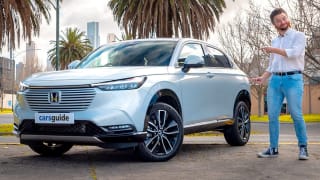
Honda HR-V 2023 review: e:HEV L long-term | Part 3
We wrap up our time with the Honda HR-V and decide if it's worth its asking price.
Browse over 9,000 car reviews
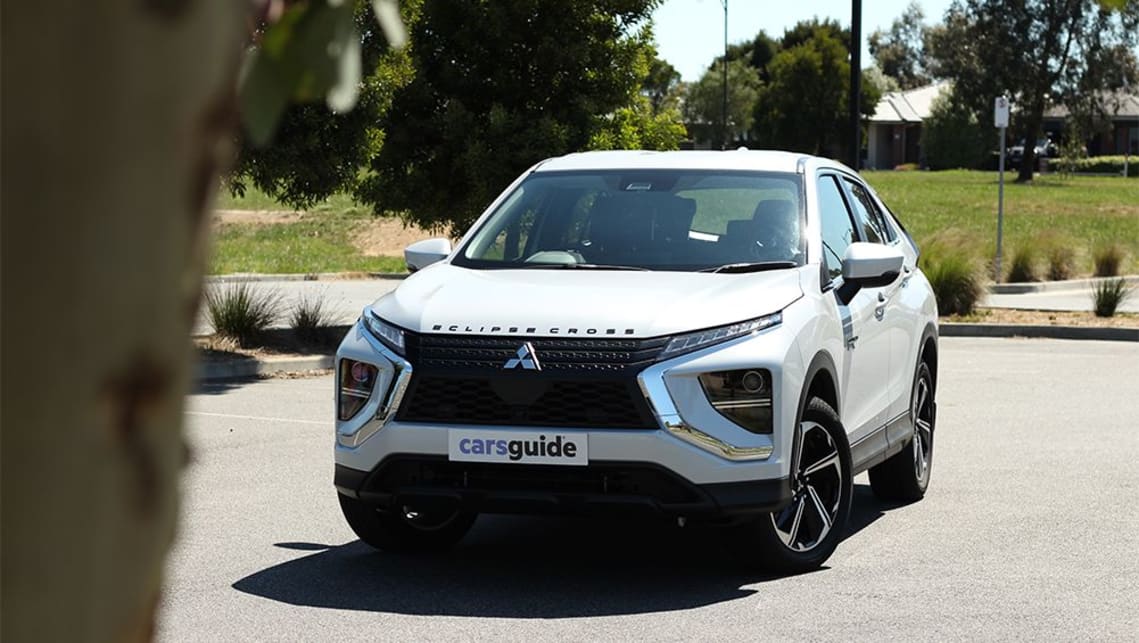
Do you ever develop a first impression that feels a little harsh, then start to see that maybe you weren’t so far off as you learn more and more about something or someone?
The more time I spend with the Eclipse Cross ES PHEV, the more I feel like I might have been right to be initially a little disappointed with it. But I’m also starting to understand its appeal.
I should clarify - while I think paying almost $50,000 for a small SUV that has essentially the same features list as an entry-level small hatchback, I’m starting to see why someone might pick a plug-in.
I’ve spent my second month with the Eclipse Cross, I’ve run the fuel tank down twice with a couple of trips out of Melbourne into regional Victoria on the cards, and I’ve also been a little more disciplined with day-to-day charging the longer I’ve had the car.
This has meant two things: one is that I’ve been able to enjoy its electric driving mode more often, the other is that I’ve got, for about the same amount of petrol, a distance discrepancy of 125km between how far each tank took me.
A day trip to Bendigo with a car full of friends took place during the first of the tanks, and running out of charge relatively soon after leaving Melbourne meant it’s the most distance the Eclipse Cross has done on a low-charge battery so far.
Over 535km for the tank from full to empty, a figure of 6.76L/100km checked at the pump means even if you’re not totally on the ball all the time with charging, you’re not likely to see any horrific fuel figures out of the small SUV.
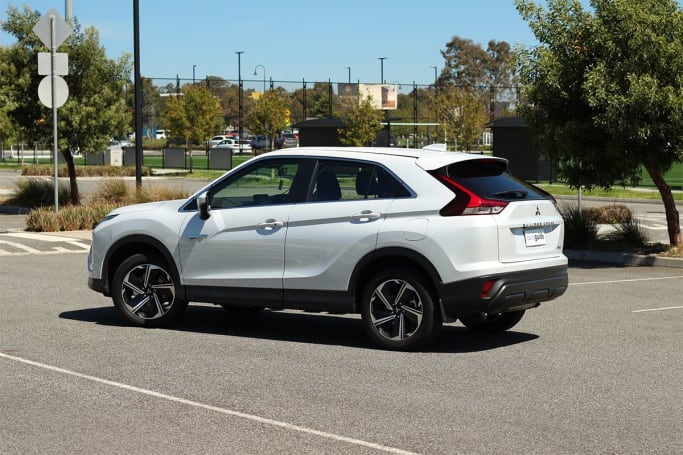
During the second tank of fuel this month, there were several days where barely a drop of fuel was used, but a few busy days and a drive around the Yarra Valley for an afternoon eventually meant the tank ran low 660km after the fill, having used 5.56L/100km.
Reminder, Mitsubishi claims a fuel consumption figure of 1.9L/100km for the Eclipse Cross, which means it has a theoretical range of 2,368km from a single 45L tank. Obviously, that would effectively require always having the battery topped up, defeating the need for a plug-in hybrid in the first place.
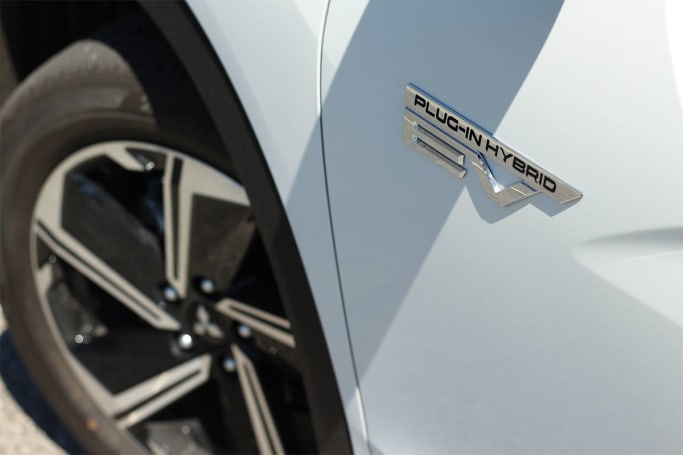
So it shouldn’t be a surprise that, yes, keeping the battery topped up means using less fuel, but it should be noted how little extra effort getting an extra 125km out of a fuel tank took.
Since this month will also likely be the most drive-heavy of the three during the Eclipse Cross’ stay with me, it seems as good as any to talk about how it actually is to drive.
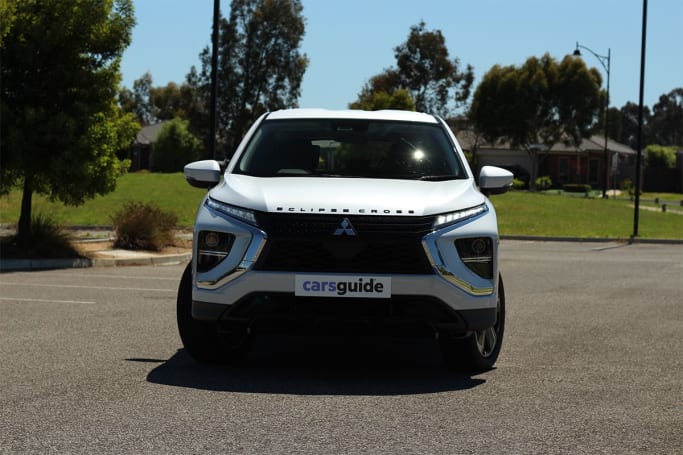
And it’s the electric drivetrain’s behaviour that makes the Eclipse Cross PHEV feel like it’s actually worth it over a traditional hybrid or a petrol small SUV - the take-off and smoothness during acceleration is rather pleasant, as well as also making it one of few all-wheel drive offerings in the small SUV segment.
Yep, the Eclipse Cross has not only a 94kW/199Nm naturally aspirated 2.4-litre petrol engine driving the front wheels, but also a 60kW electric motor on the front axle and a 70kW unit on the rear - the transmission is a fixed single-speed unit rather than the petrol’s CVT.
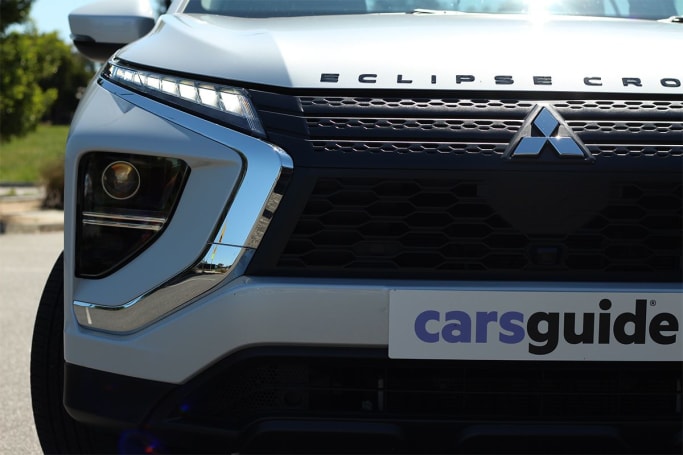
Mitsubishi doesn’t quote a total system output, but it’s certainly more than offered up by the 110kW front-drive petrol variants.
The extra sure-footedness supplied by all-wheel traction is useful, because the Eclipse Cross’ suspension and steering tunes aren’t quite up to spirited driving.
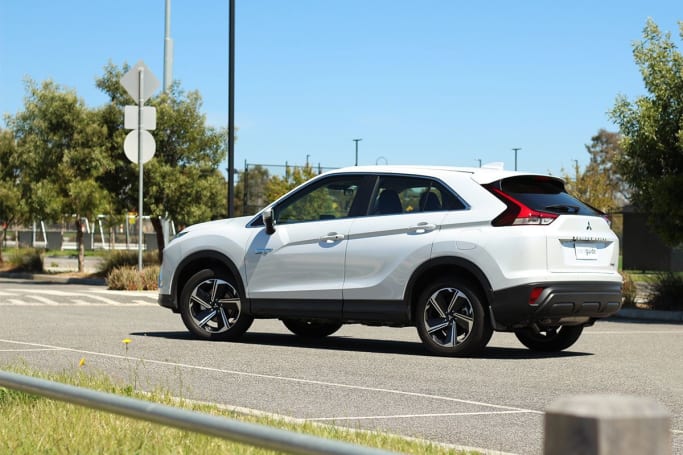
In hard cornering, the small SUV’s body tilts and shifts its weight around a little more than you’d like, and its steering it’s particularly communicative.
Frustratingly, what feels like soft suspension when cornering quickly can also seem a but stiff over bumps and at lower speeds through the city. The Eclipse Cross isn’t a ‘driver’s car’, which makes it all the more frustrating that the ES offers pretty much nothing in the way of mod-cons.
On the plus side, three adults and a front passenger all said they had enough space to be comfortable on that day trip I mentioned earlier, which is impressive for a small SUV.
Next month, I have a lot of consideration to do when it comes to whether the Eclipse Cross PHEV is worth the outlay. Plus, if you want to know how the plug-in’s efficiency will be at its absolute worst, I’m putting the charging cable away and running it on low battery for the rest of its stay with me.
Yes, I changed my plan to initially keep it as charged as possible during its last month, but I realised theoretically I could end up only using battery power as I did for a full week this month, and that doesn’t teach us anything outside of the context of very short trips. Stay tuned, number nerds.
Acquired: August 2023
Distance travelled this month: 1195km
Odometer: 2984km
Fuel consumption this month: 6.10L/100km
$47,290
Based on new car retail price
No Verdict or Score until final instalment
Based on new car retail price
$47,290
Based on new car retail price